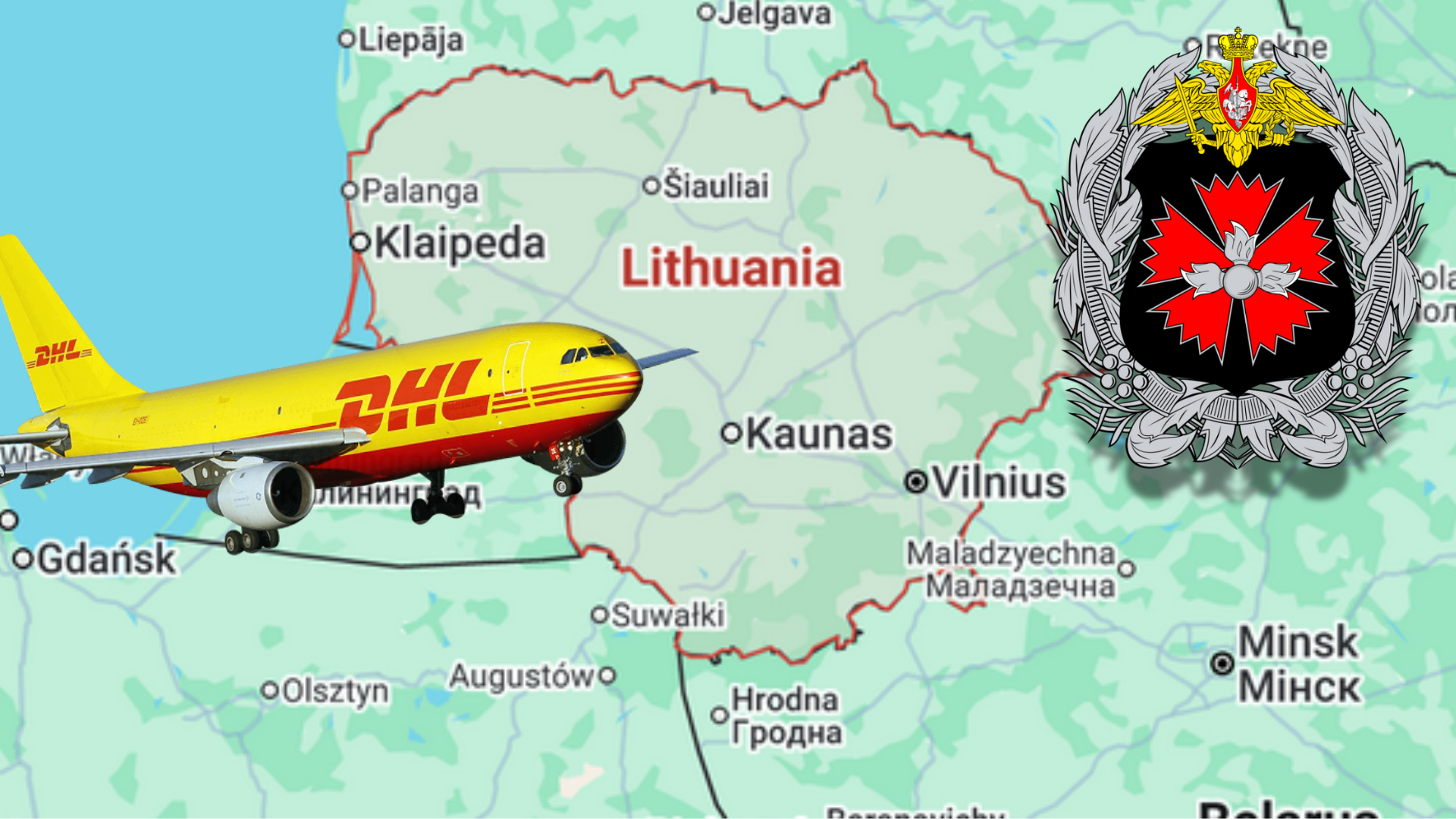By Cde
Copyright cde

Reading Time: 2 minutes
Lithuanian prosecutors said they uncovered a network of suspects who planned to carry out four terrorist attacks across Europe, using parcel services to send incendiary explosives hidden in everyday items.
The Prosecutor General’s Office and the Lithuanian Criminal Police Bureau said a Lithuanian citizen identified as A.Š., born in 1973, sent four parcels from Vilnius on July 19, 2024, using DHL and DPD courier services. The packages contained homemade incendiary devices concealed in massage cushions and cosmetic tubes, packed with thermite – a highly flammable substance used for industrial and military purposes.
Two parcels were shipped by air toward the United Kingdom and two by truck toward Poland. One device exploded July 20 at Leipzig Airport in Germany before being loaded onto a connecting DHL cargo flight. Another detonated July 21 in a DPD truck travelling through Poland, and a third exploded July 22 at a DHL warehouse in Birmingham, England. The fourth failed to ignite due to a technical malfunction.
Authorities said the devices were designed to cause severe fires and potentially catastrophic consequences.
A joint investigation team coordinated by Eurojust is working on the case, with law enforcement and intelligence agencies from Lithuania, Poland, the UK, Germany, the Netherlands, Latvia, Estonia, the United States, and Canada.
The prosecutor’s office did not specify in its statement how many people were detained in Lithuania or other countries.
Investigators said the plot was organised and coordinated by Russian nationals with links to Russian military intelligence services. Some of the suspects are also tied to a foiled May 9, 2024, arson attempt at an IKEA store in Vilnius.
Fifteen suspects – citizens of Russia, Lithuania, Latvia, Estonia and Ukraine – have been charged so far. Prosecutors said they were recruited via the Telegram messaging app, promised payment in cryptocurrency, and kept under strict compartmentalisation to maintain secrecy.
Police searches in Lithuania, Poland, Latvia, and Estonia turned up more explosives hidden in canned food containers, along with detonators. Authorities said the cache, equivalent to more than six kilograms of TNT, may have been intended for additional attacks.
The investigation is ongoing.



